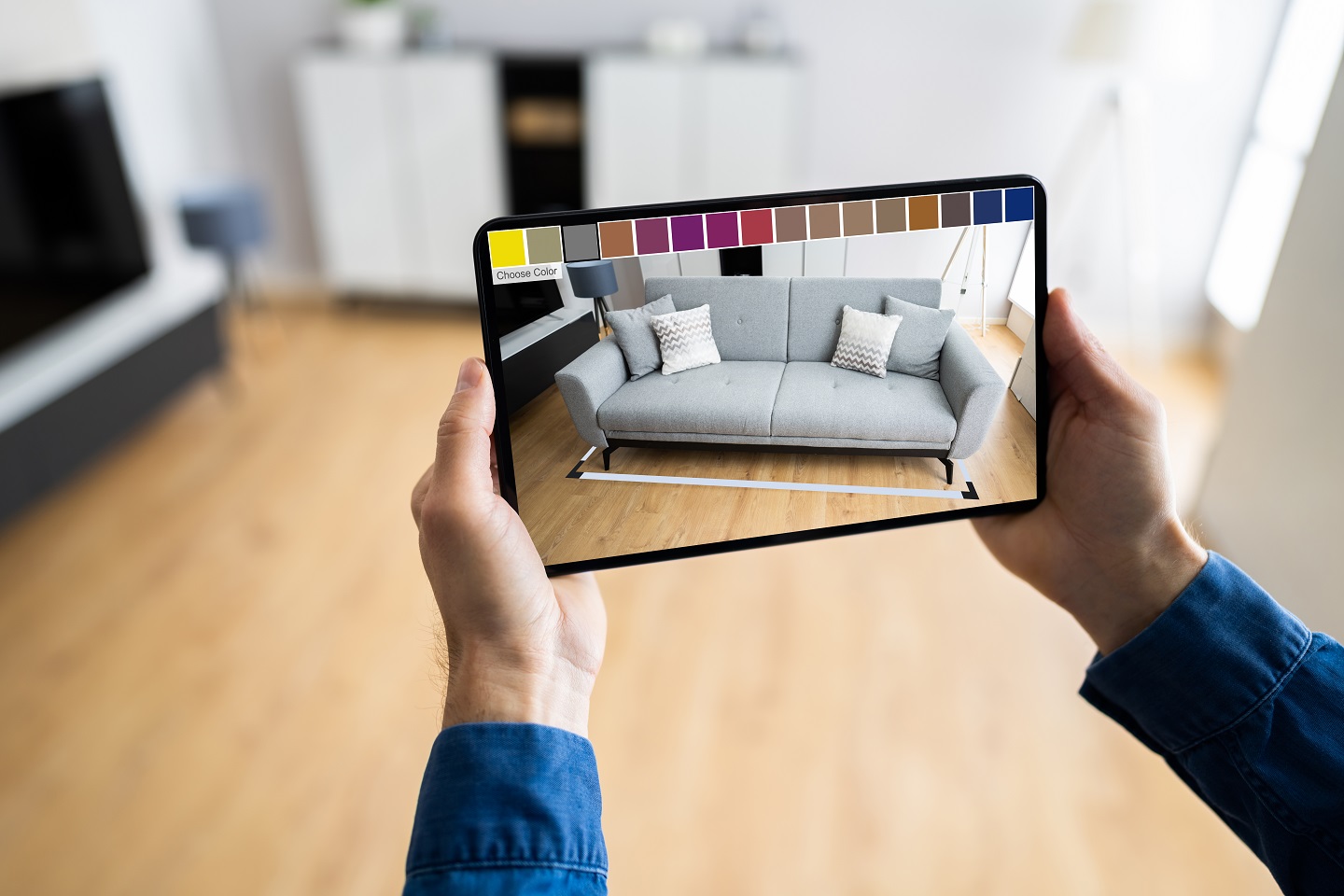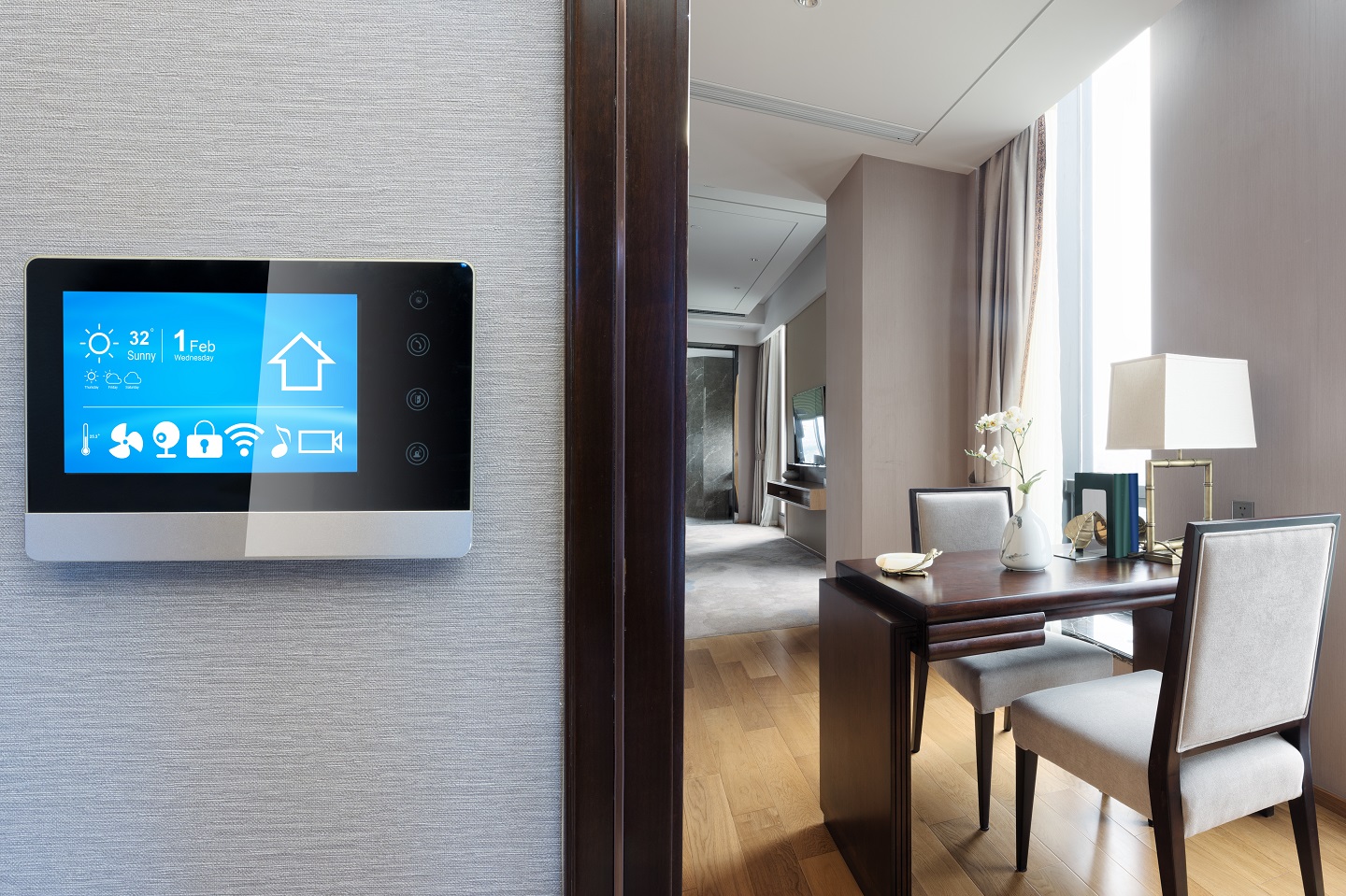Although the real estate sector has been slow to adopt modern technologies, it is hard to ignore its impact on the real estate scene across the world. And the way it is shaping the real estate industry, it won’t be long for its impact to be felt across all industries. The reason is not because of the sector’s intertwining nature with its ancillary industries but rather it is because of its connection with the technology industry. PropTech companies, over the years, have sprung up around the world leveraging the technology to improve the experience for property buyers and sellers as well as understand the business better by addressing challenges. Artificial intelligence (AI), virtual reality (VR), augmented reality (AR), and the internet of things (IoT) are some of the key players that are producing the necessary thrust to propel the industry forward. Today, we are going to explore some cool new technologies in real estate and discuss their role in depth.
Artificial Intelligence

In this current era of technological revolution, where information is a priority and everyone is connected through the internet, it seems only right to take advantage of the mechanism for our gain. The real estate industry is doing exactly that. There are many different devices that are being used in real estate to measure, construct, model, and pinpoint the physical properties of a building. And AI (Artificial Intelligence) is doing the heavy lifting for us by running simulations to find out the vulnerability of a building, specifying errors in the model, and automatically suggesting solutions to prevent modeling and designing errors from happening.
Also, when it comes to doing business, realtors, and developers are taking advantage of social media and relying on AI-powered tools to gain insights into user interaction data and behavioral patterns to understand the customers’ needs and recommend properties thus improving the overall purchasing experience.
Immersive Technologies

Immersive technologies are the most interesting technologies in real estate today. Although AR (Augmented Reality) and VR (Virtual Reality) are relatively new technology to be adopted by the real estate industry, the benefits that they provide is nothing short of magical. They are game-changing at bringing life to an unfurnished empty house that is rather boring to visit. Property touring before purchasing is still a standard practice but that comes with a list of tedious activities including accessing the location, staging the property, and so on.
However, with the aid of AR and VR technology, realtors are addressing these issues by offering virtual tours of the properties for prospective clients. As a result, clients can view multiple properties at the same time irrespective of their location and furnishing status. It also opens a new door of possibilities for the realtors by enabling them to show their clients different furniture setups according to their tastes. This makes the entire property buying process more immersive and helps agents to convert leads to actual sales.
Internet of Things

IoT, short for Internet of Things is a term used to describe a device with various types of sensors, processing ability, software, and data exchange functionalities over a network. In terms of home automation, any device that enables these capabilities to ease the home monitoring process whether it is with the securities or controlling certain functions of the home is what we call Home Automation System. For example, voice and speech recognition in virtual assistants enable people to control smart devices within their homes and workplaces.
Motion control sensors and devices also play an important role in ensuring proper security in and around the home, keeping it secure from unwanted access. Also, IoT is conveniently used to monitor various systems within a building including water pressure, temperature monitoring, and electricity usage. These are what make IoT one of the coolest technologies in real estate today.
Big Data & Analytics

Big data is a broad concept that encompasses collecting and analyzing huge data sets of complex information from various sources to determine a specific course of action to derive information that is otherwise inaccessible through traditional data-processing techniques. In real estate, big data creates a whole host of new possibilities. The real estate market data that is usually used to determine current market trends is limited by specific parameters as opposed to answering the big real estate questions such as when is the right time to invest, and what types of properties will appreciate the best in the future.
Whereas big data analysis with AI (Artificial Intelligence) can give you an accurate prediction of the state of the industry. Also, big data analysis can help realtors to figure out clients’ specific needs and cater to them accordingly. Big data analytics has another unique utility within the real estate industry in building information modeling (BIM). Data collected from various sources allows startups to create 3D models of buildings.
This article discusses some of the coolest technologies in real estate and their impacts. From IoT, to virtual and augmented reality, to big data and the role of AI in real estate, we tried to paint a picture of how these technologies are is improving the real estate experience whether buying or selling.
Do you find this article helpful? Let us know your thoughts in the comments section below.




